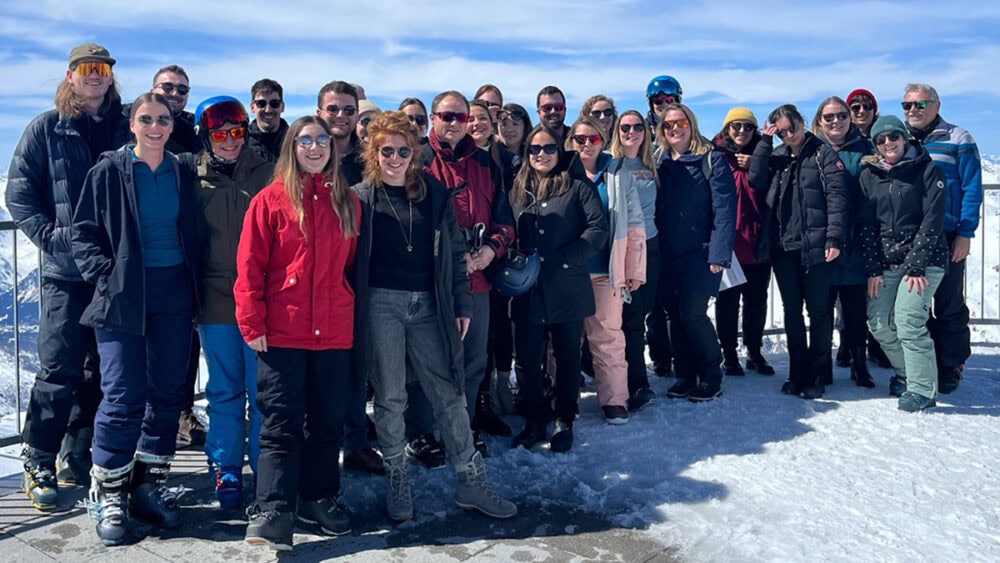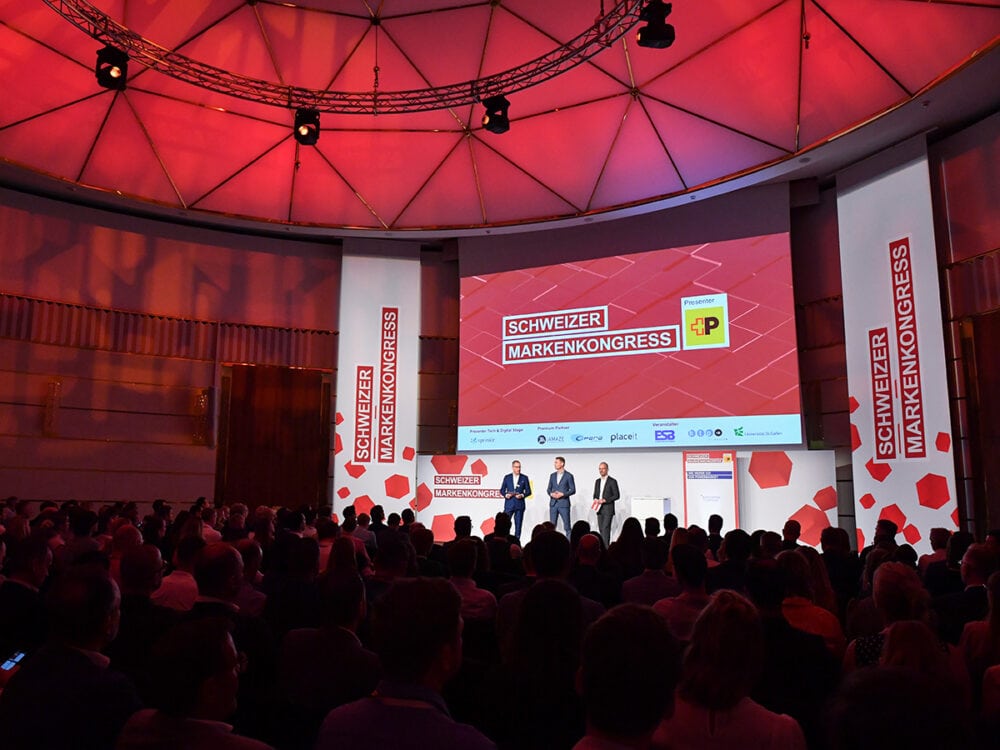Rethink #2: Thank you for watching!
In the second installment of the "Rethink" article series, Live Lab CD Jonathan Schwarz writes about how virtual events can unify participants and create new ways to build personal communities.
Imagine you are going to an event. A real event. But unfortunately you don't know anyone. And somehow you don't manage to get through to any of the other guests in person. Every attempt you make to make contact is lost in the babble of anonymous guests.
You also see far and wide no hostess, no host, no face that you could address personally. You are alone on the floor and now the event starts. So you sit down somewhere in the back row. The content of what's going on up front isn't all that bad, and yet somehow you can't relate to it all. The event takes its course, you sit through the time and go home informed, but without a single personal conversation. You've learned something new, but you haven't built a bond.
Thank you for watching!
Welcome to the world of virtual events. I'm convinced that many people who currently participate in virtual events feel the same way I do: Virtual events - and I'm not talking about meetings or smaller roundtables, but events with more than 50 guests - don't create a personal bond for me.
On the one hand, there are still many technically and dramaturgically poorly presented virtual events that make it difficult for guests to follow the action. But even in very professionally executed productions, I remain an uninvolved spectator as a participant. Okay, interactive event tools for polls, Q&A, gamification, etc. may give me the opportunity to get involved in terms of content. But personally, I still remain strangely unaffected sitting in front of my screen, despite all the effort that goes into the window there. What's the reason for that?
Perceive and be perceived
The Internet is per se quite anonymous. And one must not forget: Virtual events are a new medium in their own right, with their own laws and possibilities for experience. So it doesn't make sense to try to translate an experience from real space one-to-one into virtual space. My colleague Max has described the nicely elaborated in our previous article.
But still: There is a basic human need that accompanies us to virtual events just as much as to real events: Everyone wants to be noticed. This experience is an essential part of the bond that companies want to achieve through communication.
But the context of almost all virtual events denies us this perception. Event platforms do not perceive guests as people, but as users - perhaps even as a target group. They are processed in a technically clean manner, receive invitations, reminders, logins, and perhaps (at least) personal chat rooms, but what current platforms cannot provide is personal perception. We have to rethink and think of virtual events less from the IT solution and more from the need for communication.
The community is dead. Long live the community
A very basic aspect of any community is to value the presence of the individual: Glad you're here. You are welcome! Without you, something would be missing.
This feeling comes from face-to-face interaction and, in the context of virtual events, forms a community out of an anonymous crowd of users. At Live Lab, we've been working hard over the past few months to make this all-important informal part of the event experience possible for virtual events, and have therefore launched "everlive" with the support of Research & Development Studio Zaak.
Everlive is a communication channel for event-based marketing. A key aspect of Everlive is to make personal connection a central part of the customer journey of virtual events again. We form personal communities from anonymous target groups.
* Jonathan Schwarz joined Live Lab in November 2020 as creative director and member of the executive team.










